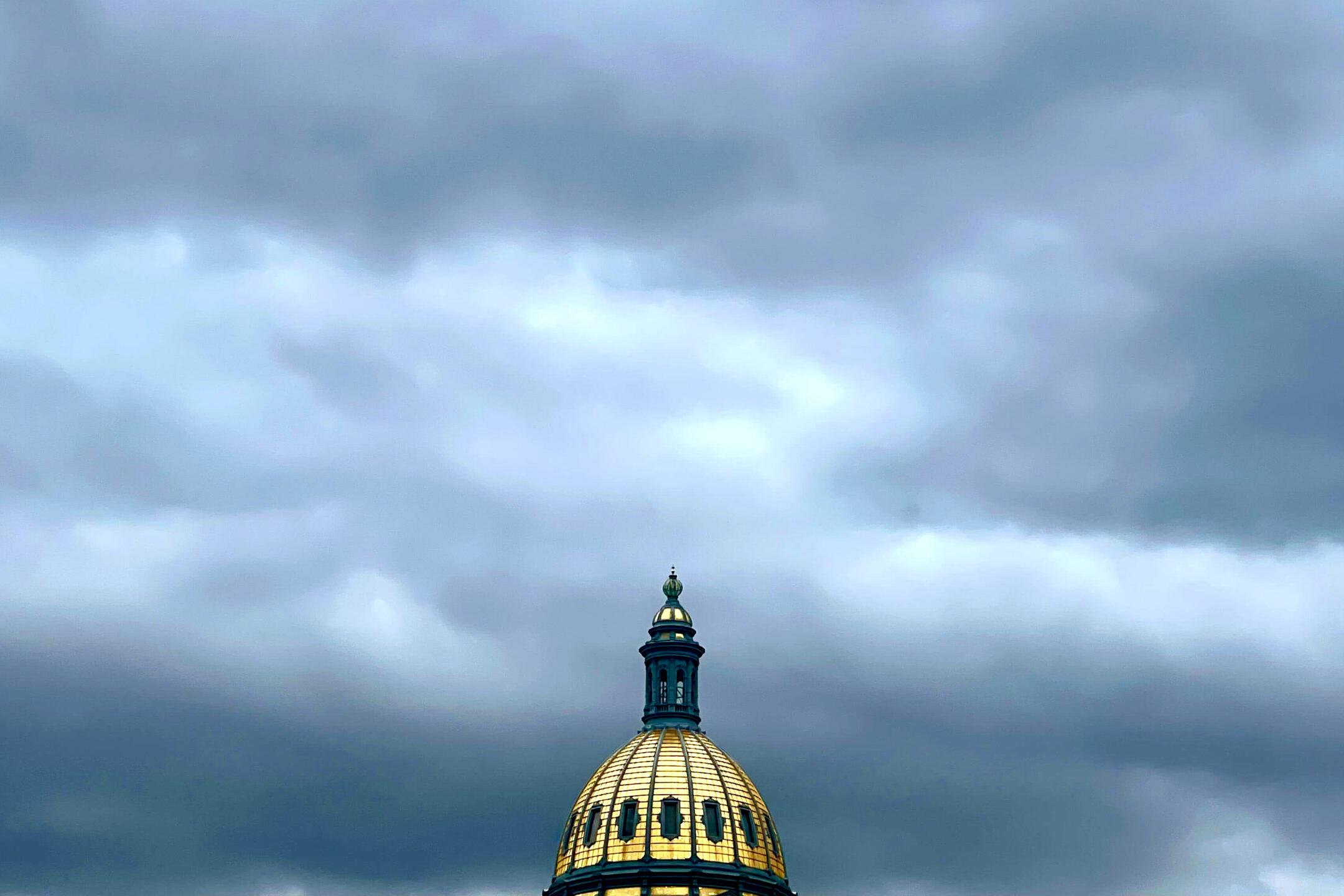
The transportation-related metaphors for HB17-1242, the bipartisan tax bill aimed at securing infrastructure funding, were almost endless: It faced a path bumpier than one of the state’s crumbling highways. Lawmakers’ positions were locked down tighter than the I-70 viaduct at rush hour. Its odds of finally passing were narrower than I-25 south of Castle Rock.
And just one more: in the Senate Finance committee Tuesday night it finally ran out of road.
Republicans on the panel voted 3-2 to kill the measure, which would have asked voters to raise the sales tax to finance billions of dollars of transportation bonds for state and local projects.
State Sen. Owen Hill, R-Colorado Springs, argued it would have been unfair for lawmakers to put the measure on the ballot, because “we are still putting a burden on them to come out and defend themselves at the ballot box.”
In voting no, Hill was bucking the head of his caucus. The transportation bill was sponsored by Senate President Kevin Grantham, in conjunction with the Democratic Speaker of the House, Crisanta Duran.
For most bills, having the Senate President on their side would ensure relatively smooth sailing, because he’s the one who directs which committees each piece of legislation goes to. But because the tax would have raised money for the state, the rules dictate that it had to go through Senate Finance, where — as Grantham announced last week — he just couldn’t get the votes.
The bill also struggled to win over one of the main organizations lobbying for more road funding, Fix Colorado Roads. The advocacy group worked to amend the bill but couldn’t get to the point of supporting it. Spokesperson Sandra Hagin Solin told lawmakers that's because polls showed the tax would have lost at the ballot.
CPR's Sam Brasch contributed to this report









